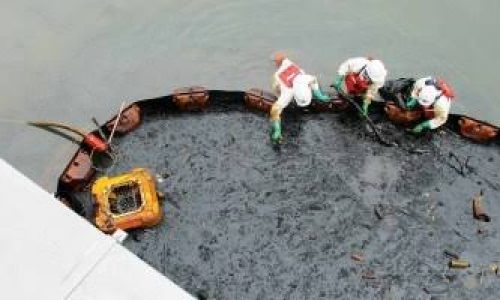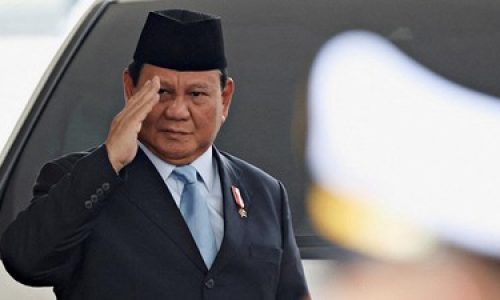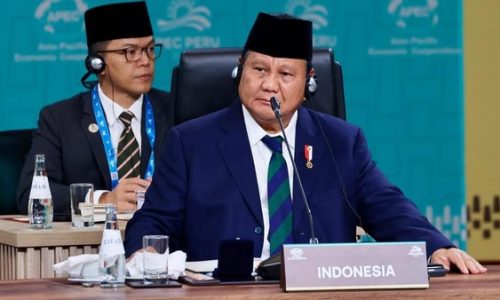Megawati Soekarnoputri, the Chairwoman of the Indonesian Democratic Party of Struggle (PDI-P), asserted that Indonesia should follow North Korea’s lead in developing nuclear capabilities. The statement has inevitably sparked intense discussions,
Megawati underlines the need of nuclear technology
Megawati argued that it is important for Indonesia to catch up with other countries in developing nuclear programs. Her remarks have reignited the debate over Indonesia’s stance on nuclear energy.
Megawati asserted that it is never too late to develop nuclear technology and expressed her belief that Indonesia could overcome budgetary constraints to pursue nuclear programs.
She also cited North Korea’s success in developing its nuclear program, she highlighted the issue of human resources as a key factor for progress.
“If we can develop the technology, it’s never too late. We can catch up with countries that have nuclear programs,” Megawati said.
However, Indonesia has historically been cautious about embracing nuclear power. Back in 2014, then-president Susilo Bambang Yudhoyono issued a government regulation that categorized nuclear plants as a “last resort option” for powering the nation.
Instead, the country has prioritized coal, natural gas, and renewable energy sources such as geothermal, solar, wind, hydropower, bioenergy, and tidal energy for electricity production.
ThorCon interest in nuclear energy
Despite the Indonesian government’s stance on nuclear development, private firms have shown interest in constructing smaller-capacity nuclear power plants in recent years.
One of these firms is ThorCon International Pte Ltd, a Washington-based power producer, which has engaged with Indonesian regulators and state-owned enterprise PT PAL Indonesia (Persero) to develop a 500-megawatt thorium-based floating nuclear power plant by 2027.
The project, with an investment value of approximately US$1.2 billion (IDR 17 trillion), aims to utilize 85% thorium and 15% uranium.
Parties in favor of thorium-based nuclear power plants claimed that it is safe because the plant operates without pressure and use liquid fuel, eliminating the risk of incidents like Fukushima and Chernobyl.
Additionally, the production materials for thorium-based power plants are reportedly cheaper compared to other types of nuclear power plants that require thick steel.
On the other hand, parties who oppose the use of nuclear energy expressed their concern about safety, environmental impact, and the potential diversion of resources from renewable alternatives.
Government response
Megawati’s remarks have inevitably sparked a polarizing debate within the country, with supporters of nuclear energy demanding a re-evaluation of Indonesia’s nuclear stance, and sceptics emphasizing the importance of prioritizing renewable energy sources.
As the nation, with its population of 273 million in 2021, grapples with meeting its current energy demands, the future direction of its energy policies remains uncertain.
As discussions unfold, policymakers, experts, and stakeholders will continue to explore the feasibility and potential implications of nuclear energy as Indonesia strives to balance its energy needs, environmental concerns, and sustainable development goals.









